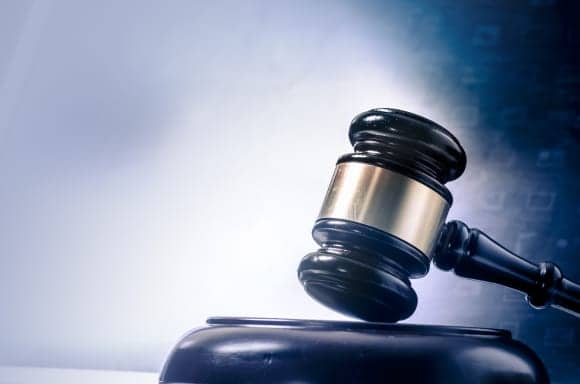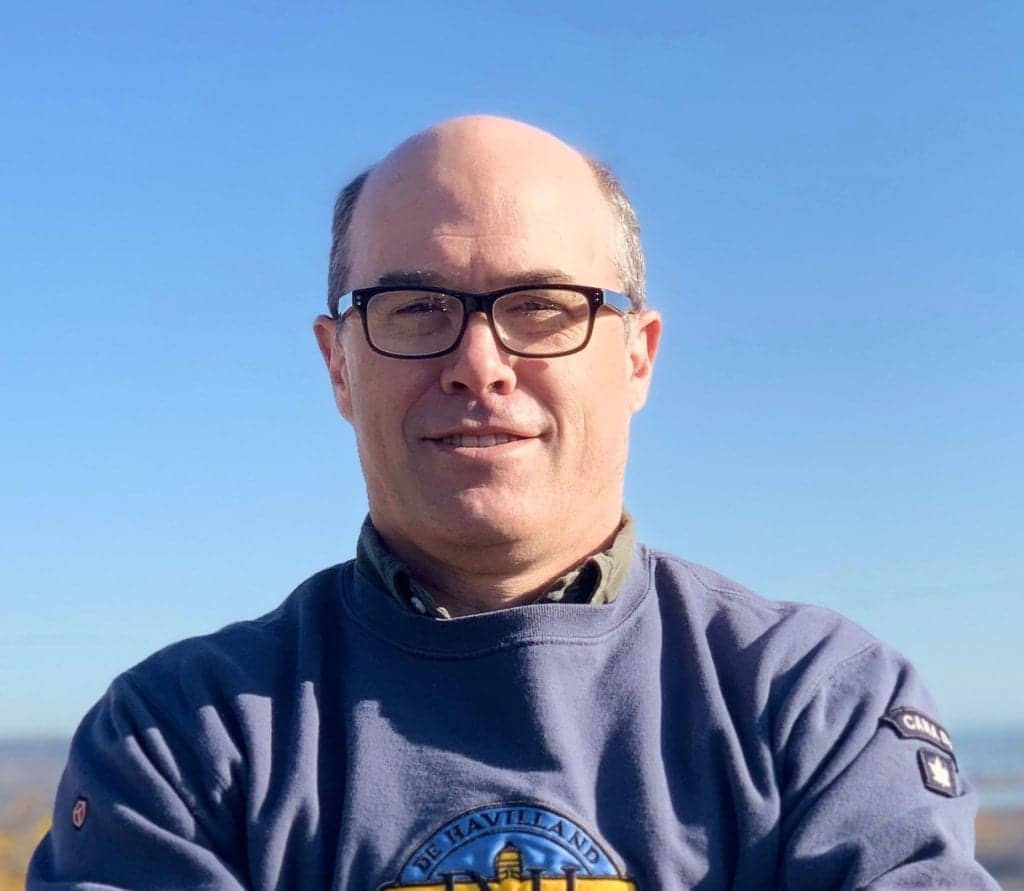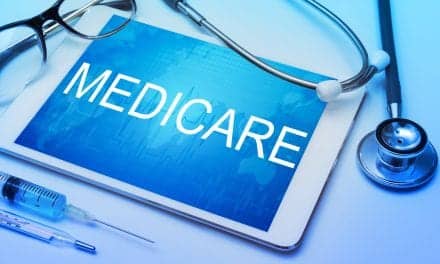By Karl Strom, editor
New proposed legislation (CS/SB 700) in Florida, if passed, would expand telehealth and make direct-mail hearing aids available to adults, while amending current laws regarding the sale and distribution of hearing aids in the state. In particular, it would make it legal for a person to sell or distribute hearing aids through the mail to end-users who are 18 years of age or older—previously a second-degree misdemeanor. The bill also exempts audiologists and hearing aid specialists from “procedural and equipment requirements” for adult clients (18 years of age or older) who provide medical clearance or a waiver. The Act would also eliminate requirements for a hearing aid specialist to conduct a final fitting to ensure the physical and operational comfort of the hearing aid for adults except “when indicated.”
The bill was submitted to the Florida legislature on February 19, 2020 and has passed through several committees. It is now back with the Appropriations Subcommittee on Health and Human Services, where it could be further modified, tabled, or passed on to the Florida Senate for approval. If passed, the effective date of the Act is July 1, 2021.
While leaders of hearing-related organizations generally acknowledge a need for new policies that address telehealth and hearing aids, one overriding concern is that CS/SB 700 was not properly vetted by other hearing healthcare stakeholders, including professional organizations, consumers, and industry. Instead, the hearing-related amendments to the legislation were largely crafted by lobbyists associated Redesign Health, the parent group of Lively Hearing. Opponents of the new legislation argue that Section 13 of the bill, which makes it lawful for a person to sell or distribute hearing aids to adults through the mail, is not as much about telehealth than it is direct-to-consumer (DTC) hearing aids. Therefore, they say DTC hearing aids are not germane to, and do not belong in, the bill. They also contend that the pending federal Over the Counter (OTC) Hearing Aid Act of 2017 (P.L. 115-52) regulations from the US Food and Drug Administration (FDA)—an Act that constituted years of work for all stakeholders—are what should ultimately frame the issue of DTC hearing aids, and could even preempt the new proposed legislation.
Much of the CS/SB 700 bill focuses on telehealth related to pharmaceuticals and pharmacists, pharmacy technicians, physician assistants, and registered nurses. Redesign Health is a venture capital company committed to elevating “patient experience, increase transparency, and democratize access to high-quality care.” Other companies in the group are involved in DTC healthcare areas like weight loss therapy (Calibrate), cosmetic dermatology (ever/body), EMS healthcare applications (MedArrive), sleep medicine (proper), and comprehensive consumer health (Vault Health). The relatively small portions of the CS/SB 700 bill focusing on hearing healthcare are seen by some to be “add-ons” in Redesign Health’s pharma lobbying initiative.
“This eleventh-hour amendment is not in the best interest of people with hearing impairment,” says Brandon Sawalich, chairman of the Hearing Industries Association (HIA) and CEO of Starkey Hearing Technologies in Minneapolis. “Looking back at the OTC Hearing Aid Act, there were at least 5 years of deliberation, input, and debate by virtually every entity associated with hearing healthcare. While those regulations are still being considered by FDA, no one can protest about the inclusiveness of the process. In my own opinion, while the companies lobbying for the changes contained in [CS/SB 700] have every right to do so, I think their motivations are purely for profit and not in the best interests of consumers. Frankly, this was an amendment that was tacked onto, and buried into, a pharmaceutical telehealth bill—and it came as a surprise to everyone.
“Collectively, we’re all for increasing access, affordability, and moving telehealth forward, but we have to do it in the right way,” continues Sawalich. “And HIA is starting initiatives to achieve this. For example, a committee on Innovations in Hearing Healthcare for the coming decade is being formed that includes audiologists and industry experts. The professional associations, consumer groups like Hearing Loss Association of America (HLAA), and industry need to lead on the telecare issue—not individual companies. So, the [Florida] bill is certainly a reminder that our work is not yet done. We’re hoping to come together and organize a consensus paper on teleaudiology and hearing-related telecare that will take into consideration a broad scope of issues, including the FDA’s OTC hearing aid regulations, and seeks not to further confuse consumers or place people at risk.”
Florida is something of an “outlier,” since it is one of the few (possibly only) states that prohibit the sale of direct-mail hearing aids. In fact, the Florida attorney general even prosecuted an extremely successful mail-order hearing aid/device company, Crystal Care International, in the mid-1990s for violation of this law.
Paul Martin, a long-time hearing industry executive and an advisor to Redesign Health, says the new legislation will help licensed hearing care professionals provide a modern standard of care. In a February 20 letter to the American Academy of Audiology (AAA), Martin says Florida’s hearing aid dispensing regulations have not been updated since 1995 and do not account for the vast changes that have occurred in our industry over the last 25 years. “There appears to be a misunderstanding of the purpose and function of the proposed legislation,” he writes. “The new law would not minimize the involvement of the licensed professional in Florida—in fact, it would expand the professional’s discretion by empowering them to tailor a testing and fitting experience to their patients’ needs using available technology. This is accomplished in statute by providing ‘exceptions’ to specific ‘procedural and equipment requirements.’ It is a similar approach that has been taken in other states, and ensures that a professional operating under the supervision of the State Licensing Board will continue to be involved in every sale of a hearing aid in Florida. Our goal is to promote safe and effective patient outcomes using appropriate protocols—as determined by a licensed professional.”
Martin emphasizes that the people working on this legislation are true believers in the benefits audiologists and licensed dispensers. He says there is a critical need for increasing patient access and convenience in obtaining hearing aids through licensed dispensing professionals.
Harvey Abrams, PhD, a researcher and former audiology director at a major Florida VA facility who now serves as a consultant for Lively, is also a firm believer in the value of professional hearing care. However, he is also frank about what he views as outdated Florida state laws that could impede audiologists from serving the state’s hearing-impaired consumers via telecare. Abrams cites data that shows Lively’s outcomes—which rely on licensed audiologists and hearing care professionals via telecare throughout the patient journey—are as good and in some cases better than traditional “brick-and-mortar” care, and he says they’ve expended a tremendous amount of effort and capital to achieve those results. Lively’s net promoter score is in the high-70s which is exceptional. “In the age of Covid-19, teleaudiology has been used widely by hearing care professionals to deliver high-quality care to their patients, and now as we’re emerging from the pandemic, this type of care could be considered in violation of state licensure laws,” he says.
“Also, if you look at the law—and this is common throughout almost all the states—it’s very highly prescribed in terms of what procedures need to be done and what equipment must be used,” explains Abrams. “In a sense, that’s what we’re doing here: we’re just providing some flexibility so that, if audiologists want to [use a specific procedure or piece of equipment], particularly in the arena of remote care, they have some flexibility.”
Although several of the professional organizations contacted by HR were still formulating responses to the bill with at least one indicating their opposition to it, no one spoke poorly of Martin, Dr Abrams, or Lively. However, several expressed concern that future disreputable companies will take advantage of the amendments in the Florida CS/SB 700 telehealth bill. They emphasize this isn’t about Lively; it’s about how the proposed Act could unintentionally pave the way for unscrupulous online hearing aid companies to bilk consumers, put their hearing and health at risk, and negatively erode the public’s perception of hearing aids and hearing healthcare.
Further complicating matters, the pending OTC regulations from the FDA could potentially supersede the bill’s amendments, at least for those with perceived mild-to-moderate hearing losses. As Bridget Dobyan and Sara Koblitz recently explained in an October 2020 Hearing Review article, states have historically used licensing authority over the fitting, dispensing, or sale of hearing aids to protect consumers from potential problems, and many consumer protections flow through the licensee, rather than applying directly to the hearing device itself. “A concern is that many of these consumer protections will be preempted along with state licensing provisions for the new OTC hearing aid category, to the detriment of the consumer. Therefore, it is important for FDA to preserve these important protections at the federal level or make it clear the authority of states to do so,” write Dobyan and Koblitz.
ALSO SEE: HIA Sends Position Statement to Florida Legislators on SB 700 Bill, Direct Mail Hearing Aids
About the author: Karl Strom is editor of The Hearing Review and has been reporting on hearing healthcare issue for over 25 years.








